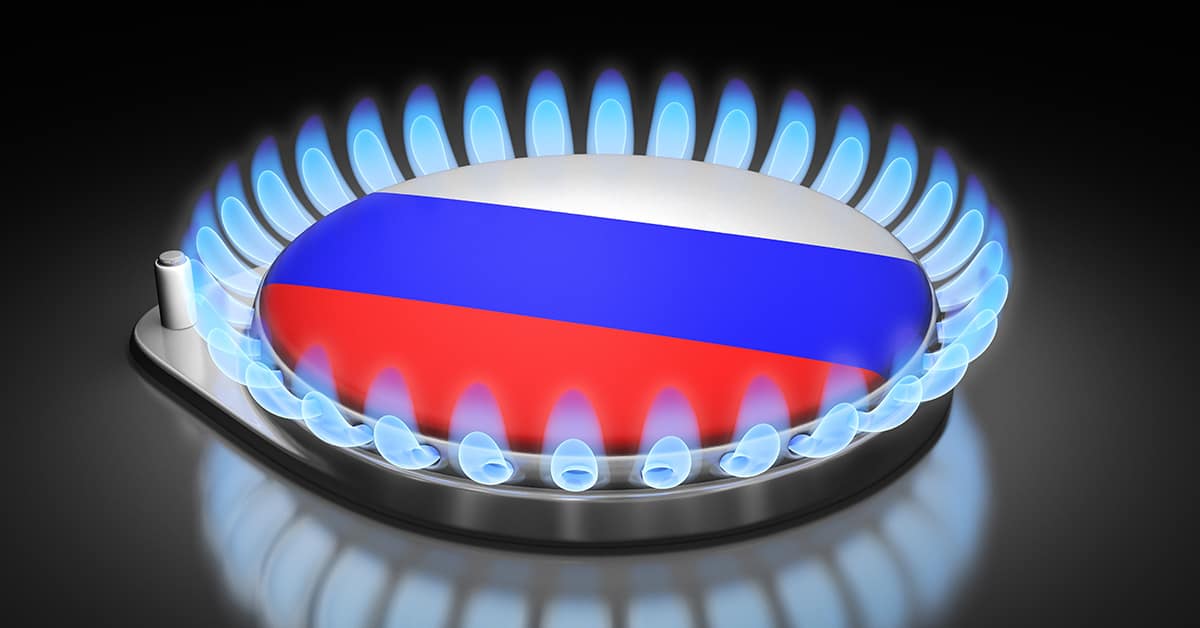The Kremlin is moving in on the holdings of foreignenergy companies as the war in Ukraine drags on.

Following Russia’s invasion of Ukraine, hundreds of multinational companies abruptly pulled out of the country—temporarily, they hoped. And as the war has dragged on, Russian President Vladimir Putin signaled that he’s ready to apply pressure to absentee foreign shareholders via asset nationalization.
In early July, Putin ordered the transfer of the rights to the massive Sakhalin-2 natural gas project in the country’s Far East region to a Russian entity. The Kremlin’s decree, citing “the threat of an environmental and technological emergency” due to Western sanctions, gives current investors a month to decide whether they’ll remain shareholders.
The Russian government’s concerns for the future of Sakhalin-2 aren’t altogether unreasonable. Production fell by more than three-quarters after ExxonMobil, the 30% shareholder in the neighboring Sakhalin-1 project, stopped work in March. The Kremlin is anxious to head off a similar decline at Sakhalin-2, which supplies around 4% of global liquified natural gas (LNG).
Western energy major Shell is the second-largest shareholder in the project, with a 27.5% (minus one share) stake, and is joined by Japan’s Mitsubishi and Mitsui (22.5% together). Weeks after the start of the conflict in Ukraine, Shell announced that it would exit—ideally, sell—its stakes in projects with Russian state gas giant Gazprom, including Sakhalin-2. The project was first launched in the mid-1990s. Gazprom joined in 2006 when it paid $7.45 billion to the other shareholders for a 50%+1 share stake.
The two Japanese shareholders are likely to opt into the Kremlin’s deal, largely because Japan—though it has supported sanctions on Russia—can ill afford to risk potentially losing access to Russian LNG, which accounts for around 10% of its total gas imports.
Shell has already written down half of the $3 billion book value at which it held Sakhalin-2, and the project accounts for just a bit more than a rounding error for the company’s earnings. More concerning is whether the Kremlin’s assertiveness is a one-off, or whether it’s the first in a series of thinly veiled efforts to expropriate the assets of foreign investors. France’s TotalEnergies, which has sunk huge sums into Russian gas production, and BP—the owner of a 20% stake of state-owned Rosneft, the country’s biggest oil producer—are watching closely.



